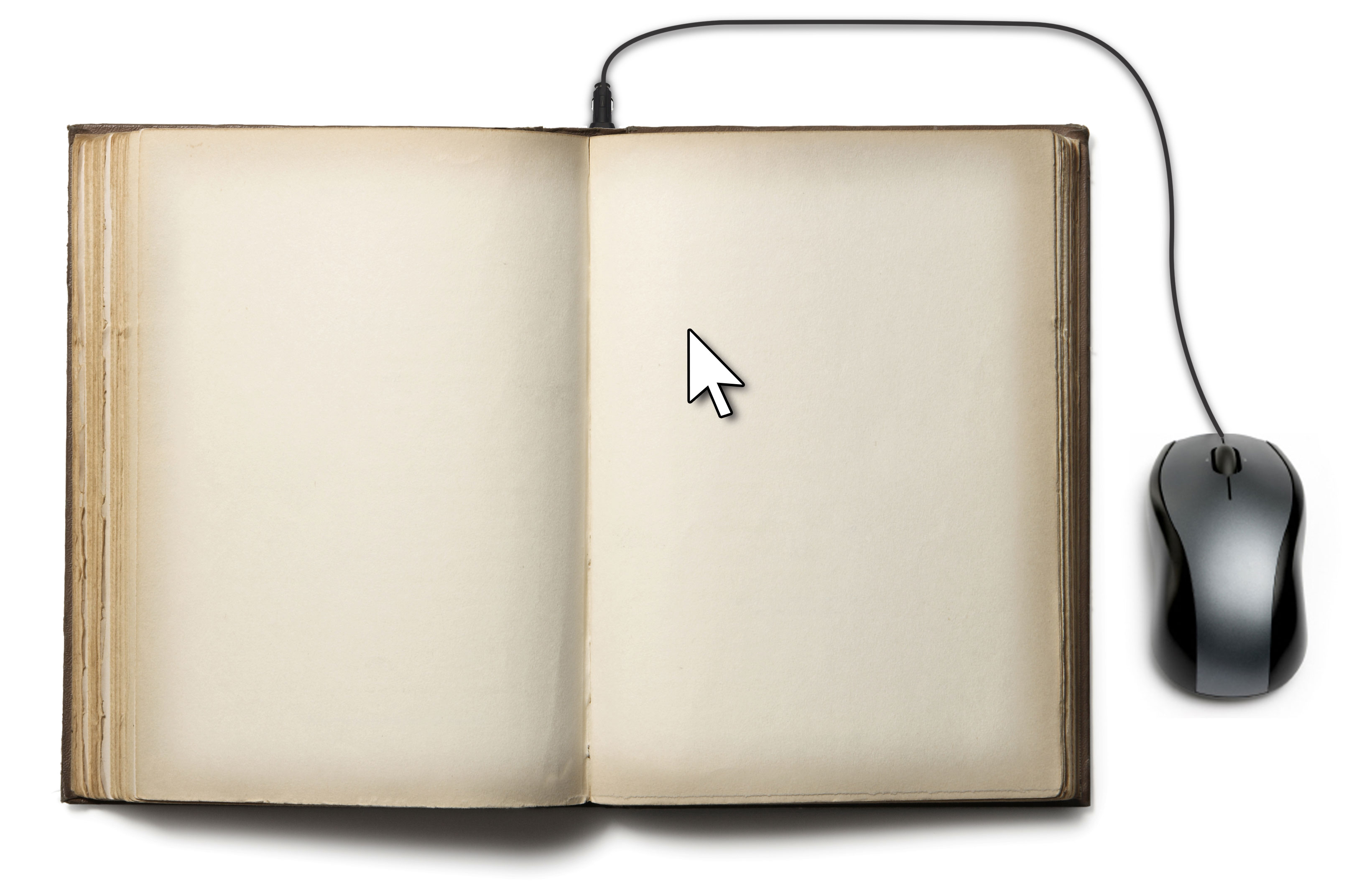2 014 National Underground Railroad Conference
014 National Underground Railroad Conference
July 16-20
Detroit, Michigan
Call for Presentations
The National Park Service, National Underground Railroad Network to Freedom (NTF) Program and friends, will host its annual 2014 National Underground Railroad Conference in Detroit, Michigan, July 16-20, 2014. The NTF program was organizationally linked with the Harriet Tubman Underground Railroad Monument in 2013. While Tubman has been the dominant image of women and the Underground Railroad, her involvement is part of a larger story of women’s participation in the movement. The theme for this year’s conference is “I Resolved Never to Be Conquered”: Women and the Underground Railroad. This sentiment penned by Harriet Jacobs, shows her determination, “though one of God’s most powerless creatures,” to retain control over herself and her body despite her enslaved status.
Studies of the Underground Railroad traditionally overlook the involvement of women, both as freedom seekers and as operatives. However, as Harriet Jacobs wrote, “Slavery is terrible for men; but it is far more terrible for women.” Enslaved women bore the extra burden of sexual exploitation. Attachments to their children complicated their response and resistance to enslavement. Potential or actual separation from a child could provide motivation for escaping. Escaping with children, however, made the journey more perilous.
White and free black women played an important role in the abolitionist movement, as the “great army of silent workers.” They provided direct assistance to freedom seekers by sewing clothes, making food, and raising funds. The anti-slavery cause was one of the few platforms through which women could step into the public sphere by forming abolition societies and speaking at anti-slavery meetings. Women missionaries and educators took up the cause in the Civil War, providing assistance to freedmen in the contraband camps. Mid-nineteenth century reformers often linked racial and gender struggles for freedom, conceiving of the causes of abolitionism and women’s rights as intertwined; as a result, a number of women, and some men for that matter, were active in both movements.
The Conference Program Committee welcomes proposals from a wide variety of scholars, community researchers, site stewards, educators and others interested in Underground Railroad history. Presentation topics can include, but are not limited to:
– Women’s Rights and Anti-Slavery Activism
– Women as Freedom Seekers/Women Escaping Slavery
– Comparative Analysis of Female and Male Freedom Seekers
– The Relationship between Motherhood and Freedom Seeking
– Female Slave Narratives and the Underground Railroad
– Women as Underground Railroad Activists
– Balancing Family and Activism
– The Male Response to Women’s Involvement with the Underground Railroad and Abolitionism
– Women’s Organizations and the Underground Railroad
– Women and the Freedman’s Relief Association
– Women and Contraband Camps
– Women and the Reverse Underground Railroad
Submission Procedure—MUST BE SUBMITTED ONLINE*
Proposals can be submitted for (1) panels up to three individuals and a moderator on a particular theme or topic and (2) individual 20 minute presentations. Individual submissions that are accepted will be placed on a panel by the Program Committee. Conference applications will be reviewed by the 2014 Conference Program Committee.
To submit a proposal, please visit: http://proposals.oah.org/nurc/
Deadline for receipt of proposals: March 1, 2014
All proposals should include:
A complete mailing address, email, phone number and affiliations (if any) for each participant;
A 500 word abstract for the complete session and 250 word abstract for individual submissions; and
A 125 word biographical sketch for each participant.
Registration fee for presenters will be waived. Presenters are responsible for their own conference travel, lodging, transportation, and meals.
Accepted presenters can expect to receive notification by March 28, 2014
For more information, please visit our website: www.nps.gov/ugrr
or contact Diane Miller, National Program Manager, National Underground Railroad Network to Freedom Program, 402.661.1588/diane_miller@nps.gov
or Déanda Johnson, Midwest Regional Coordinator 402.661.1590/deanda_johnson@nps.gov.
 Call for papers CIT:
Call for papers CIT:



